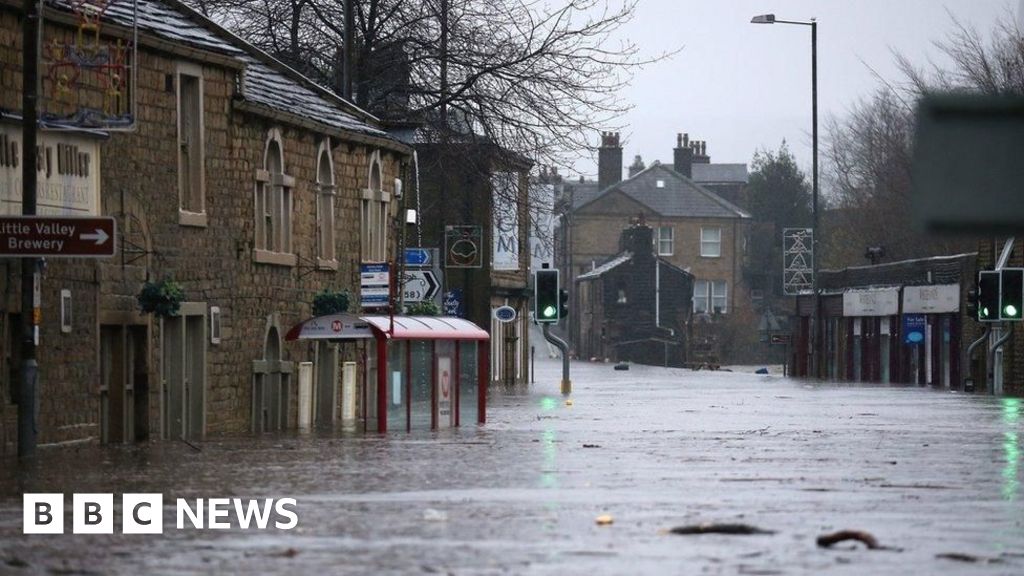People across West Yorkshire are being urged to complete a survey aimed at reducing the impact flooding has on mental health.
The Mental Health Needs Assessment will be used to evaluate the impact of natural disasters on individuals and help contribute to the introduction of more flood-specific mental health services.
It is being carried out by Kirklees Council and researchers at the University of Huddersfield as part of the West Yorkshire Flood Innovation Programme (WYFLIP).
Councillor Amanda Pinnock, Kirklees Council’s Cabinet member for communities and environment, said findings from the survey would go on to help flood victims “recover with compassionate and understanding support”.
West Yorkshire has been badly affected by flooding in the last decade.
The 2015 Boxing Day floods alone caused an estimated £150m worth of damage across the county.
Research has shown that people whose homes have been flooded are six times more likely to have post-traumatic stress disorder, depression and anxiety.
Katie Kimber, spokesperson for WYFLIP and Calderdale councillor, has been a flood warden in the Calder Valley for almost 10 years.
She says: “People can access mental health services but in relation to flooding alone it’s not something that is there. It’s a gap where we just don’t have stuff that deals with it.
“Some people get on with their lives and aren’t affected by it but there are a huge numbers of people who just can’t function after it’s happened.
“It just remains with them as a fear and causes terrible anxiety, and it’s one of those areas that’s really overlooked in flood resilience.
“A support network needs to be there. Once we know what people need we can look at how to service that.”
The survey is part of a wider project led by Kirklees Council, focused on community resilience in response to flooding, which has received £56,000 funding, largely from the Yorkshire Regional Flood and Coastal Committee.
The questionnaires can be filled in online, with around 500 set to be distributed among communities at risk of flooding through local flood groups and flood managers.
The next stage of the project will see 50 in-depth interviews carried out with households who have experienced or are at risk of flooding.
Findings will then be used to develop resources alongside local authorities and housing organisations to assist with mental health support for victims of flooding.

